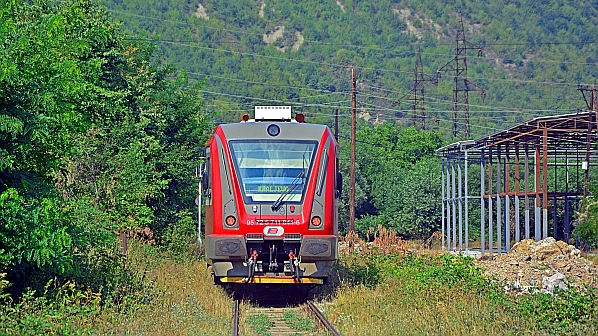THE European Bank for Reconstruction and Development (EBRD) says it will increase its investment in rail networks in the western Balkans comprising Albania, Bosnia and Herzegovina, North Macedonia, Montenegro, Serbia, and Kosovo to help the region improve connectivity while also addressing climate change.
“Rail not only plays a critical role in any well-balanced transport system, but it is also the lynchpin for a sustainable transport approach and has a key role to play in addressing today’s climate emergency,” Ms Nandita Parshad, EBRD managing director, Sustainable Infrastructure Group, said in an address at the Western Balkans Rail Summit in Belgrade on September 13.
To date, the EBRD has spent almost €1bn in the western Balkans’ railway sector and Parshad says EBRD was determined to step up its investments and mobilise private-sector participation. “And, of course, we will continue to provide policy and technical assistance support to advance the region’s rail sector.”
Three priorities have been identified by EBRD for investment. The first is electrification where hundreds of millions of euros need to be spent both on infrastructure and rolling stock as well as improved signalling and digitalisation.
Secondly, EBRD says it is important to open the railway market to ensure faster and more efficient cross-border traffic, and to work with governments to promote regulatory and legislative measures that facilitate market openings as well as interoperability.
Thirdly, improving the governance and capacity of national railways is vital says the EBRD. Ambitious plans to improve service quality and speed in line with European Union standards will require further strengthening of capacities to prepare and implement projects and essential reforms in the sector, improve corporate governance and enhance safety and maintenance it says.
“Given that transport is responsible for approximately a quarter of global greenhouse gas emissions and that rail is substantially cleaner than road transport, a modal shift towards rail will have a hugely positive impact on emission reductions and air quality,” Parshad urged. “This is a tremendous opportunity to decarbonise the transport sector and an opportunity we must not miss.”

